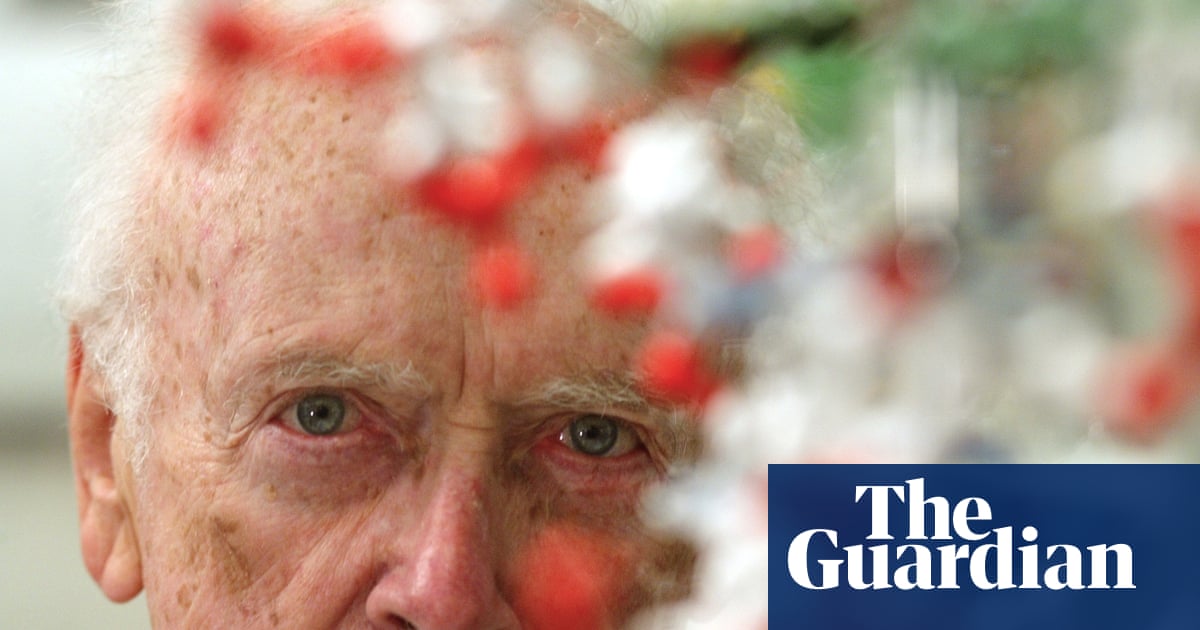BBC Radio 4 has just aired a short series about the writer Virginia Woolf, to celebrate the centenary of her novel Mrs Dalloway. According to the publicity blurb, the aim of Three Transformations of Virginia Woolf was to explore what she “has to say to us today”, and how she “captured and critiqued a modern world that was transforming around her, treated mental health as a human experience rather than a medical condition, and challenged gender norms”.
Because the three episodes immediately followed the Today programme, I distractedly caught two minutes of the first, before flinching, and turning it off. The reason? Only a few days before, I had read a diary entry Woolf wrote in 1915, presented alongside the acknowledgment that she was “suffering deep trauma at the time”, but still so shocking that it made me catch my breath.
It was a recollection of encountering a group of learning-disabled people, who were probably residents of a famous institution called Normansfield hospital. “We met and had to pass a long line of imbeciles,” Woolf wrote. “The first was a very tall man, just queer enough to look at twice, but no more; the second shuffled, and looked aside; and then one realised that everyone in that long line was a miserable ineffective shuffling idiotic creature … It was perfectly horrible. They should certainly be killed.”
That passage arrives a third of the way through a brilliant new book titled Beautiful Lives, straplined How We Got Learning Disabilities So Wrong. Written by the playwright and drama director Stephen Unwin, its story goes from the Greeks and Romans to the 21st century. Much of it is a history of the misunderstanding, hatred and appalling mistreatment experienced by endless millions of people. But partly because Unwin has a learning-disabled son – 28-year-old Joey, who he says has “challenged everything I was brought up to believe in and turned it on its head” – it is also a very topical demand for all of us “to celebrate the fact that such people exist and have so much to offer”.
A sign of the ignorance Unwin spends some of the book railing against is the fact that this superbly original work, published in early June, has not been reviewed in a single mainstream publication. In the context of the attitudes he writes about, that is probably not much of a surprise – but there again, the book is so timely that its passing-over still feels shocking. After all, it follows the same unquestionable logic as all those high-profile discussions and debates about institutional racism and empire, and demands a very similar process of reckoning.
On this subject, there is a mountain of questions to ask. Some are about language that still endures: “imbeciles”, “morons”, “cretins”, “idiots”. How many of us know about the first official Asylum for Idiots – later the Royal Earlswood Institution for Mental Defectives – founded in Surrey in 1847, and infamous for what Unwin describes as “widespread cruelty … and soaring mortality rates”? However much young people study history, do their syllabuses ever cover the Mental Deficiency Act of 1913, which formalised the idea that people categorised as “idiots” and “imbeciles” (and all disabled children and young people) should be institutionalised, let alone the fact that it granted local councils powers to remove such people from their families by force? Why is the US’s record on institutional cruelty and cod-psychology even worse than the UK’s?
There is another part of the same story, centred on a slew of 20th-century politicians and cultural figures who believed that learning-disabled people – and disabled people in general – were not just pitiful and wretched, but a threat to humanity’s future, an idea expressed in the absurd non-science of eugenics. They included that towering brute Winston Churchill, DH Lawrence (who had visions of herding disabled people into “a lethal chamber as big as the Crystal Palace”), and lots of people thought of as progressives: Bertrand Russell, HG Wells, George Bernard Shaw, John Maynard Keynes, the one-time Labour party chair Harold Laski, and the trailblazing intellectuals Sidney and Beatrice Webb.
Their credo of pure and strong genes may have been discredited by the defeat of the Nazis, but we should not kid ourselves that everyday manifestations of loathing and condescension that underlay those ideas do not linger on. Ours is the age of such scandals as the one that erupted in 2011 at Winterbourne View, the “assessment and treatment unit” in Gloucestershire, where people with learning disabilities were left out in freezing weather, had mouthwash poured into their eyes and were given cold showers as a punishment.
The year 2013 saw the death in an NHS unit of Connor Sparrowhawk, the autistic and learning-disabled young man whose life was dramatised by Unwin in a profoundly political play titled Laughing Boy, based on a brilliantly powerful book written by Sparrowhawk’s mother, Sara Ryan. As well as its principal character’s life and death, it highlighted the fact that the health trust that ran the unit in question was eventually found to have not properly investigated the “unexpected” deaths of more than 1,000 people with learning disabilities or mental-health issues.
Right now, about 2,000 learning-disabled and autistic people are locked away in completely inappropriate and often inhumane facilities, usually under the terms of mental health legislation. Only 5% of learning-disabled people are reckoned to have a job. Six out of 10 currently die before the age of 65, compared with one out of 10 for people from the general population.
But this is also a time of growing learning-disabled self-advocacy, which will hopefully begin to make change unavoidable. One small example: at this year’s Glastonbury, I chaired a discussion about the cuts to disability benefits threatened by the political heirs of Laski and the Webbs. The speakers onstage included Ady Roy, a learning-disabled activist who is involved in My Life My Choice, a brilliant organisation that aims at a world “where people with a learning disability are treated without prejudice and are able to have choice and control over their own lives”. He was inspirational, but it would be good to arrive at a point where what he did was completely unremarkable.
It may sound a little melodramatic, but it is also true: such people, and allies like Unwin, are at the cutting-edge of human liberation. Far too many others may not have the same grim ideas as Woolf, Lawrence, Keynes and all the rest, but their unawareness and neglect sit somewhere on the same awful continuum. That only highlights an obvious political fact that all of us ought to appreciate as a matter of instinct: that the present and future will only be different if we finally understand the past.
-
John Harris is a Guardian columnist

 3 months ago
121
3 months ago
121

















































